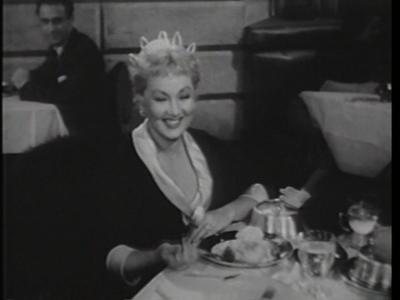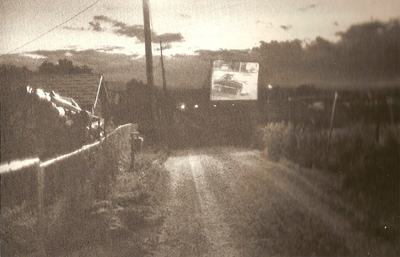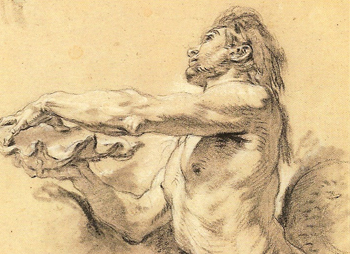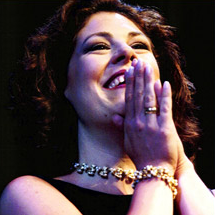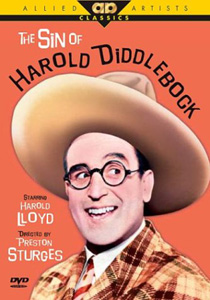In the Times on Tuesday, film critic A O Scott ventured a
defense of his
profession, in the teeth of the massive popularity of a movie, Pirates of the
Caribbean: Dead Man's Chest, that he and his colleagues have, shall we say,
not praised.
For the second time this summer, then, my colleagues and I must face a frequently — and not always politely — asked question: What is wrong with you people? I will, for now, suppress the impulse to turn the question on the moviegoing public, which persists in paying good money to see bad movies that I see free. I don’t for a minute believe that financial success contradicts negative critical judgment; $500 million from now, “Dead Man’s Chest” will still be, in my estimation, occasionally amusing, frequently tedious and entirely too long.
Having seen this movie's predecessor, I'm certain that Mr Scott's evaluation of
the sequel is dead-on. But I thought that, if he wouldn't turn the question on
the moviegoing public, I would. Why do masses of people enjoy movies that
critics find at least "frequently tedious"? Why doesn't everybody find such
movies tedious? Boring is boring, no?
No. Not at all. What could be more boring than a performance of Parsifal
for someone hitherto unexposed to opera? To Wagner? To Parsifal
itself, for heaven's sake? This is one kind of "boring." It's the "nothing's
happening" objection of people who don't know, bless their souls, what kind of
"happening" to expect. As a rule, intelligent people can be taught what to look
for, and the odds are that, if they're at all musical, they'll respond with
enthusiasm and train themselves to pay attention to the details. This is the
kind of "boring," then, that is dissipated by education. It is what keeps the
arts and ideas alive.
Education, clearly, has nothing to do with savoring the pleasures of Dead
Man's Chest, such as they are. Johnny Depp's burlesque in the leading role
is undoubtedly delightful, and its contrast probably makes Orlando Bloom's
leaden performance unintentionally funny. But what about the "frequently
tedious" bits? Is there something that the critics are missing, something that
they ought to learn, the better to appreciate the film? Hardly. Their
"boring" stems from knowing exactly where to look but not finding anything
there. Is the audience finding something interesting somewhere else? No: the
audience is not paying attention.
Critics are people who are paid to pay attention. All the time, to every
detail. The audience is under no such obligation. For the audience, "it's only a
movie." There's no law against letting your mind wander - if you're young,
you'll be having a lot of trouble preventing it from wandering. If the movie
ceases momentarily to merit your attention, that's no biggie. When it's time to
pay attention again, the movie will let you know.
And there are levels of attentiveness. Critics are expected to pay full
attention. Ordinary viewers can pay just enough attention to keep track of the
story. For regular people, for the mass audience that flocks to pay to see the
film, a motion picture is not an artistic unit, with a beginning, a middle, and
an end, composed of coherent parts. No. A movie is a series of moments, some of
them okay, some of them really exciting, some of them funny, and so forth. When
the series itself is interesting, as happens in great popular entertainment,
then many people, not just critics, will come away with the sense of a powerful
whole, but that experience is not really necessary to the enjoyment of a movie.
(This would explain the popularity of kung-fu movies, which are comprised almost
exclusively of climaxes.) The enjoyment of a movie requires little more than a
darkened auditorium, a moderately comfortable seat, a synchronized audience on
the noise front, and working eyes and ears. That's it.
A problem in all the arts, but one that is most acute in the movies, is that
first-class work can have a mass appeal, even though relatively few are equipped
to analyze its greatness. This is an inconvenient truth, because a great deal of
first-class work will never have a mass appeal, while a great deal of utter junk
will. The respective circles of "critics" and "mass audiences" do not broadly
overlap, but if they didn't overlap at all, there would be no quarreling about
boobs and elitists.
Oh, I almost forgot. There is one thing that is very hard, possibly
impossible, to learn, and that is how to overlook, temporarily, what you've
learned. Once you've been schooled to give something your full attention, trying
not do to so triggers alarms of guilt and irritation. That's why it's dangerous
to learn about art and ideas. You might be compelled to live among people who
have no time for either.
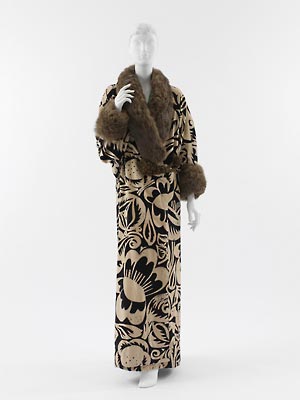

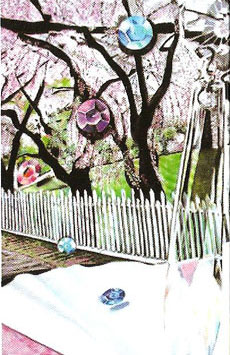
![claire2[1].jpg](http://www.portifex.com/DailyBlague/archives/claire2%5B1%5D.jpg)




